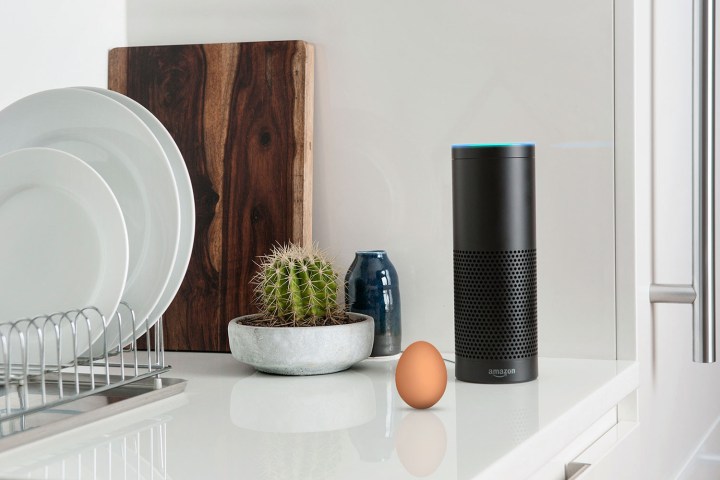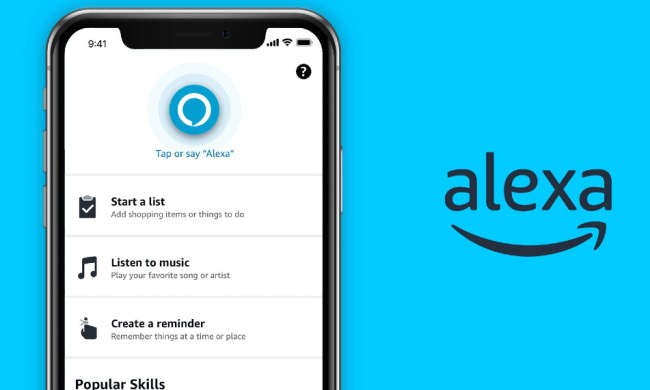
Amazon’s new and improved skills store is a bit less of a hodgepodge than the old guard. Gone is the long-in-the-tooth list of disparate skills, thankfully replaced with a home page that highlights a rotating selection of Amazon-curated skills collections. There’s “Make your home smarter,” for instance, which features skills having to do with automation and connected appliances, and “Get entertained,” which contains skills that host movie trivia and inform you of upcoming TV episodes. They join a new “Categories” button at the top of the screen that lets you narrow down skills by descriptive tag — “Lifestyle” and “Smart Home,” to name a few — and new sections that showcase highly rated and popular skills.
Search has gotten a much-needed overhaul, too. You can sort results by average customer rating, release date, and relevance, but if even that sounds like too much effort, you can add skills by voice, instead. Simply say the name of the skill, preceded by the appropriate command — “Alexa, enable” (e.g., “Alexa, enable Chef”) — and Alexa’s cloud smarts will take care of the rest.
Amazon’s Alexa platform has gained impressive ground in the year since it launched. Its skills now number north of 1,400, the company said (up from 1,000 a month ago and 130 a year ago), and “tens of thousands” of developers are actively cooking up new ones. “We are thrilled that tens of thousands of developers are already building skills for Alexa, helping to grow our Alexa skill selection by 50 percent in just over a month,” said the vice president of Amazon’s Alexa division, Steve Rabuchin. “This is a win for developers and for customers, and we can’t wait to hear what they think.”
That growth is thanks partly to the enduring popularity of Amazon’s Echo family — the retailer has sold a collective three million Echo Tap, Echo Dot, and original Echo devices. But Alexa Voice Services, an API that lets developers tap into Alexa’s linguistic intelligence, has given it a boost, too: more than 10,000 developers now leverage Alexa for voice processing, said Amazon, from smartphone apps such as Roger and Lexi to big-name manufacturers like Pebble and CoWatch.
But rival platforms threaten Alexa’s momentum. At Apple’s developer conference in June, it announced that Siri, the company’s popular voice assistant on iOS, would launch on MacOS later this year and gain third-party integrations from developers. (Rumors persist that the company’s working on a new Apple TV with beefed-up Siri support in the form of built-in microphones and facial recognition.) And Google announced in June that its own take on an always-on assistant, Google Home, will launch come fall.
Given the competition, Alexa unsurprisingly remains an “intense” area of R&D for Amazon. The company is reportedly engineering a follow-up device to its current Echo lineup, code-named “Knight,” that sports a “tablet-like” display capable of serving up web pages, videos, and more. And at tech blog Recode’s Code Conference in San Francisco earlier this year, company head honcho Jeff Bezos revealed that more than 1,000 of Amazon’s software team are contributing to Alexa’s ongoing development. “There’s so much more to come,” he said in an interview with Recode’s Walt Mossberg. “It’s just the tip of the iceberg.”


